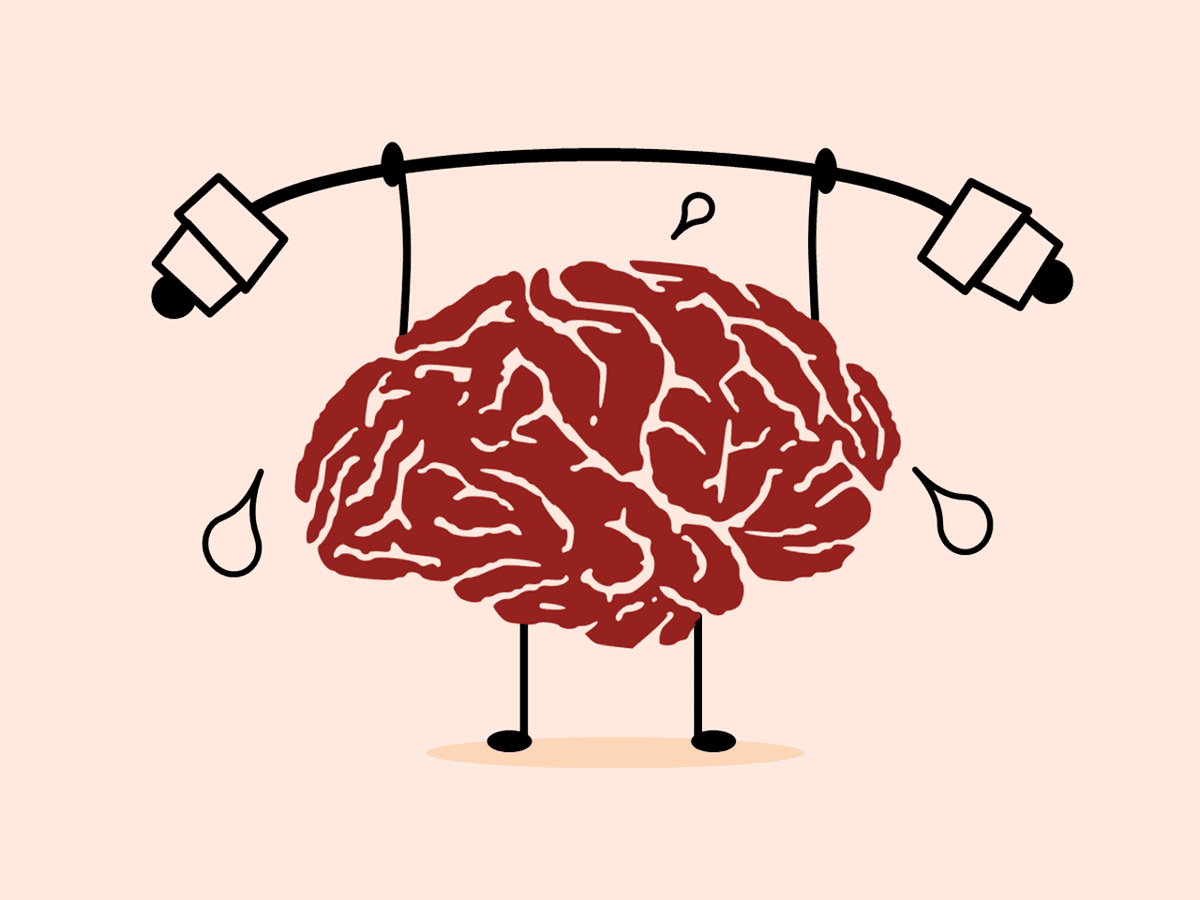Comprehensive Inpatient Mental Health And Wellness Services for Effective Therapy
Inpatient mental health and wellness services represent an essential element of the medical care system, giving a structured and extensive atmosphere for individuals experiencing severe mental distress. Checking out the nuances of this continuum reveals considerable ramifications for both private healing and wider mental wellness outcomes.
Understanding Inpatient Mental Health And Wellness Solutions
Inpatient psychological health services supply crucial support for people experiencing severe emotional distress that can not be handled properly in an outpatient setup. These services are made to use an intensive level of treatment in a structured setting, usually within a hospital or specialized center. Individuals confessed to inpatient programs usually display severe symptoms, such as self-destructive ideation, severe clinical depression, or psychosis, requiring continuous surveillance and intervention.
The admission process typically involves an extensive assessment by mental health and wellness specialists, that review the individual's psychological state, background, and instant demands. When admitted, patients take part in a range of therapeutic methods customized to their details requirements, consisting of drug administration, individual therapy, and team sessions. This holistic method intends to stabilize the client's problem, promote security, and foster coping abilities.
Inpatient psychological health solutions not just address immediate health worries but additionally offer as a bridge to ongoing care. By giving a regulated environment, these services assist in the growth of therapy plans that can be continued in outpatient settings, therefore making certain a continuum of treatment and improving long-term end results for individuals with complicated psychological wellness demands.
Key Components of Effective Treatment
Efficient therapy in inpatient psychological wellness solutions consists of numerous vital parts that cultivate healing and stabilization. Firstly, a comprehensive evaluation is important to identify the individual's particular needs and difficulties. This evaluation educates the growth of a customized treatment plan, which works as a roadmap for treatment.
An additional important element is the multidisciplinary team technique. Cooperation amongst psychoanalysts, psychologists, nurses, and social employees makes certain that different point of views add to the client's treatment, improving the effectiveness of therapy. Evidence-based restorative techniques, such as cognitive-behavioral therapy (CBT) and dialectical behavior modification (DBT), are likewise essential, providing organized methods that deal with maladaptive thought patterns and behavioral problems.

Lastly, a concentrate on aftercare planning is essential to ensure a smooth shift to outpatient solutions, decreasing the danger of regression and advertising long-term health. These collective parts develop an efficient therapy structure within inpatient mental health solutions.
Benefits of Comprehensive Care

Thorough care in inpatient psychological health and wellness solutions supplies many advantages that substantially boost patient results. One of the key advantages is the holistic technique to therapy, addressing not only the mental signs and symptoms but also the physical, social, and psychological demands of patients. This detailed assessment enables tailored treatments that advertise total health.
An additional benefit is the combination of multidisciplinary teams, which fosters partnership amongst healthcare specialists. This collective setting makes certain that patients receive coordinated care, reducing the risk of fragmented treatment and enhancing communication amongst caretakers. Comprehensive treatment assists in continuity of services, allowing for smooth changes from inpatient to outpatient setups, which is vital for long-lasting recovery.

Finally, the structured environment of extensive inpatient care provides a safe room for clients to participate in restorative activities, helping them develop coping techniques and resilience. Collectively, these advantages add to a lot more reliable therapy and enhanced lifestyle for people experiencing psychological health and wellness situations.
Evidence-Based Restorative Approaches
In the world of psychological health and wellness treatment, evidence-based therapeutic approaches play a crucial function in making sure that clients receive reliable and clinically supported interventions. These methods integrate the very best available research study with medical know-how and client worths, promoting a tailored therapy experience that addresses specific demands.
Cognitive Behavior Therapy (CBT) is just one of the this article most commonly identified evidence-based methods, concentrating on recognizing and transforming unfavorable thought patterns and actions. This structured technique has actually demonstrated efficacy in treating problems such as anxiousness, ptsd, and anxiety. Likewise, Dialectical Habits Treatment (DBT) is specifically reliable for people with borderline character disorder, highlighting the advancement of psychological policy and social performance abilities.
Additionally, medication administration is typically an important element of evidence-based treatment, as psychotropic medications can minimize signs and improve overall performance. Collaborative treatment versions, which include multidisciplinary teams, even more enhance the efficiency of inpatient solutions by making sure thorough examinations and constant tracking.
Ultimately, the assimilation of evidence-based healing strategies not just promotes favorable scientific results but additionally encourages individuals, promoting a sense of agency and strength in their psychological wellness trips.
Transitioning to Outpatient Assistance
The shift from inpatient mental health solutions to outpatient assistance notes a critical stage in a patient's recovery trip. This period needs careful preparation and coordination to ensure connection of care and to reduce the threats of relapse or situation. Efficient discharge planning ought to start early in the inpatient remain, including a multidisciplinary group that includes psychiatrists, psycho therapists, nurses, and social employees.
Secret components of a successful change consist of the advancement of a thorough aftercare plan tailored to the individual's certain requirements. This strategy ought to lay out follow-up appointments, medicine management, and healing interventions, along with identify neighborhood sources and support system that can promote ongoing healing.
In addition, client and household education is important throughout this stage. Understanding the indications of possible troubles and the relevance of sticking to treatment can encourage patients and their support group.
Routine follow-up and reassessment of the outpatient strategy are necessary to attend to developing challenges. By fostering a collaborative relationship in between outpatient and inpatient companies, the chance of continual healing boosts, ultimately improving the person's lifestyle and decreasing the threat of readmission.

Final Thought
In summary, comprehensive inpatient mental wellness services provide a crucial framework for attending to extreme psychological distress with a multidisciplinary strategy. By integrating evidence-based therapies, promoting an organized environment, and promoting family members involvement, these services improve therapy performance. visit this page The emphasis on stability and the development of coping skills not just help in prompt healing yet additionally helps with a smoother shift to outpatient treatment. Inevitably, such thorough treatment is vital for long-term mental health and wellness.
The admission process usually entails a thorough analysis by psychological wellness experts, who assess the individual's psychological state, background, and instant requirements.Efficient treatment in inpatient mental wellness solutions consists of a number of essential components that foster recuperation and stablizing.Extensive care in inpatient psychological wellness services offers countless advantages that substantially enhance patient end results.The shift from inpatient mental wellness services to outpatient support notes an essential stage in a client's recovery trip.In recap, detailed inpatient mental health solutions supply a necessary structure for resolving severe mental distress through a multidisciplinary method.